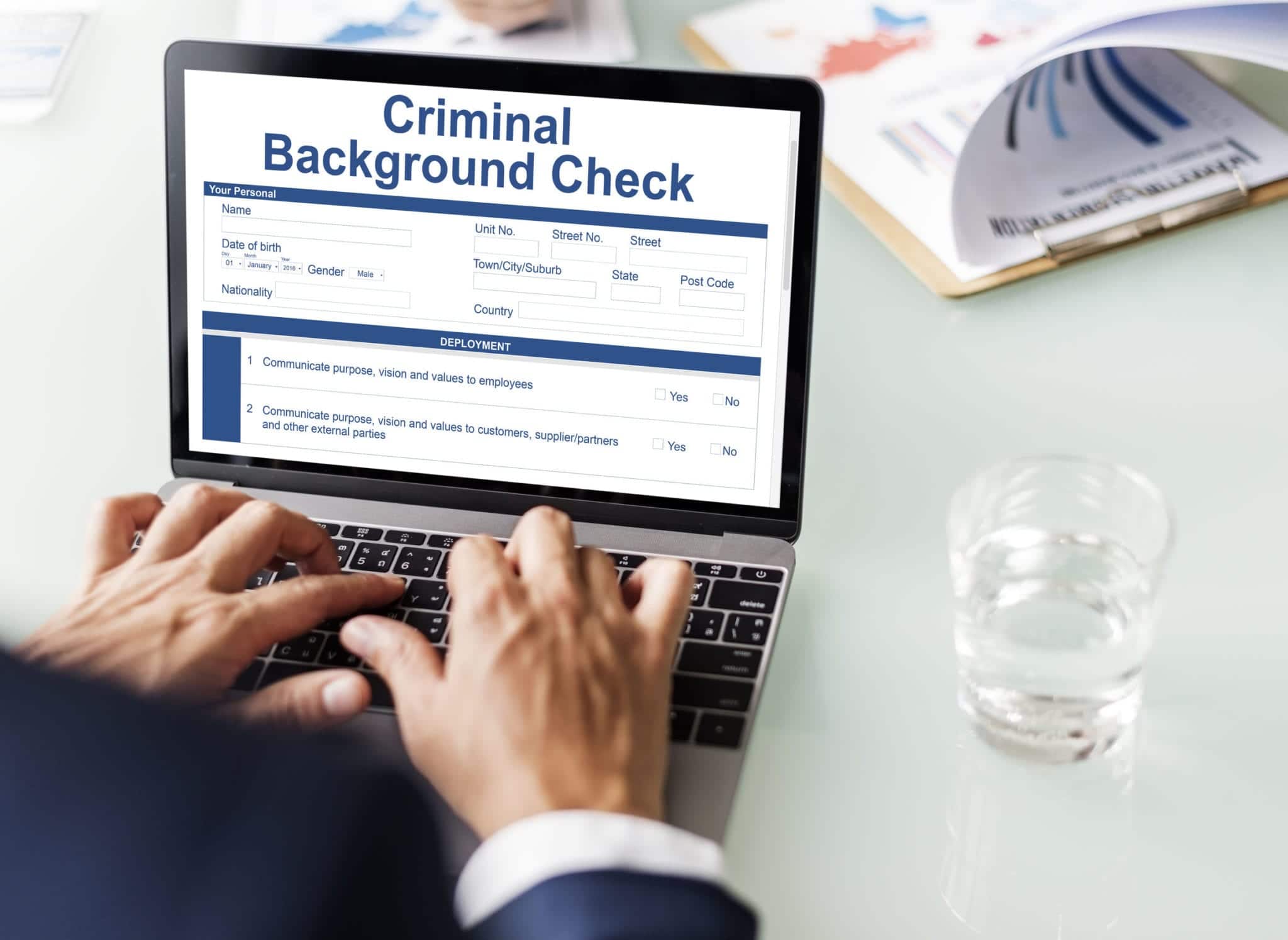
If you want to get your criminal record sealed in Minnesota, you need to understand which crimes are eligible and how the process works. In this post, we’ll provide you an overview of what you need to know.
Sealing Your Criminal Records According to Minnesota Law
Sealing, or expunging, your record can keep your criminal record out of sight when you apply for a job or rent a home or apartment. Under certain circumstances, your record will be protected from public view. Depending on your case, different types of expungement may apply under Minnesota statutes.
In 2015, an new expungement law went into effect in Minnesota that expanded rights for many previous offenders. The law holds data searching companies accountable, protects the rights of employers and landlords, and addresses other related issues. The law was enacted with the goal of giving prior offenders more valid opportunities for housing, education, employment, and licensing.
How Eligibility Works
If an individual completes a diversion program or was convicted of a misdemeanor or other specific, low-level, non-violent felonies, he or she will be eligible under the new law for record expungement – but that’s just the beginning. Here’s how eligibility works:
- You may be eligible if you have no gross misdemeanor or felony convictions for ten years prior to your arrest.
- If you were arrested but never charged, or if your charges were dropped, your arrest record can be sealed.
- If you did not plead guilty or if you were found to be not guilty, your court records and police reports may be sealed.
- If you completed a diversion program or stay of adjudication, and you have not committed another offense within a year of your completion, you may be eligible. Petty misdemeanor and misdemeanor convictions are subject to two years after completion of the sentence, and a gross misdemeanor conviction is subject to four years afterward.
- If you were convicted of certain felonies, and you have not committed another offense within five years after your sentence, you may be eligible. There are 50 different low-level, non-violent felonies listed in the statute that are eligible.
- If you pled guilty or were convicted for a crime, you will have limited rights to sealing. Under normal circumstances, only the court records will be eligible for sealing, but the police reports will still be available for public view.
If you were convicted for sex crimes, homicide, or other specific crimes, your records will not be eligible for expungement. Check with a proven criminal attorney to learn if your record is eligible for expungement.
Get Help with the Process

To have only your arrest records expunged, you will need to contact the law enforcement agency that arrested you, since your records never appeared in court.
For court cases, you or a knowledgeable Minnesota defense lawyer will need to file a petition for expungement. The petition will include personal data like your name and address, criminal history, the reason for your request, and reasons you qualify for expungement.
Your petition must be notarized and filed with the county clerk. Any other agency that held your records will need to be served with this petition.
You will also need to attend a hearing where you must prove to the judge that you should receive an expungement and that your request does not conflict with the public good.
Simply put, this process can be daunting and complicated. An experienced criminal attorney will make the entire journey easier for you.
Give yourself a second chance at living a normal life and achieving the things that having a criminal record has made a struggle, such as finding employment or a place to live. Reach out today to learn how we can help.
About the Author:
Christopher Keyser is a Minneapolis-based criminal and DWI defense attorney known for fighting aggressively for his clients and utilizing innovative tactics to get the most positive results. He has been featured in numerous media outlets due to the breadth and depth of his knowledge, and recognized as a Minnesota Super Lawyers Rising Star (2014–2015), a Top 100 Trial Lawyer (2013–2015), and a Top 40 Under 40 Attorney (2013–2015).





